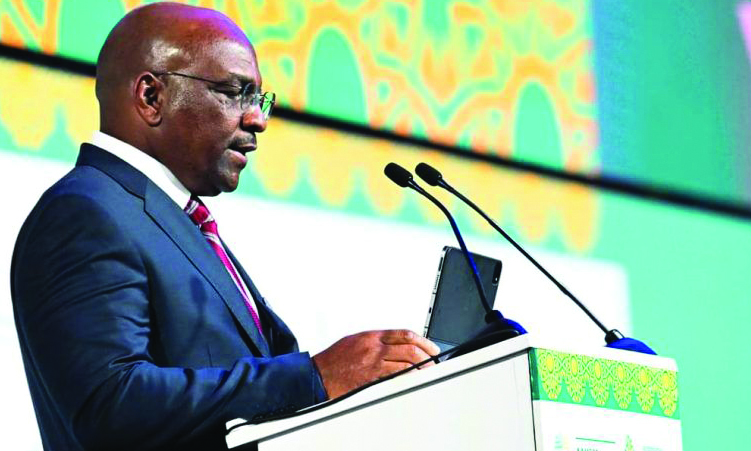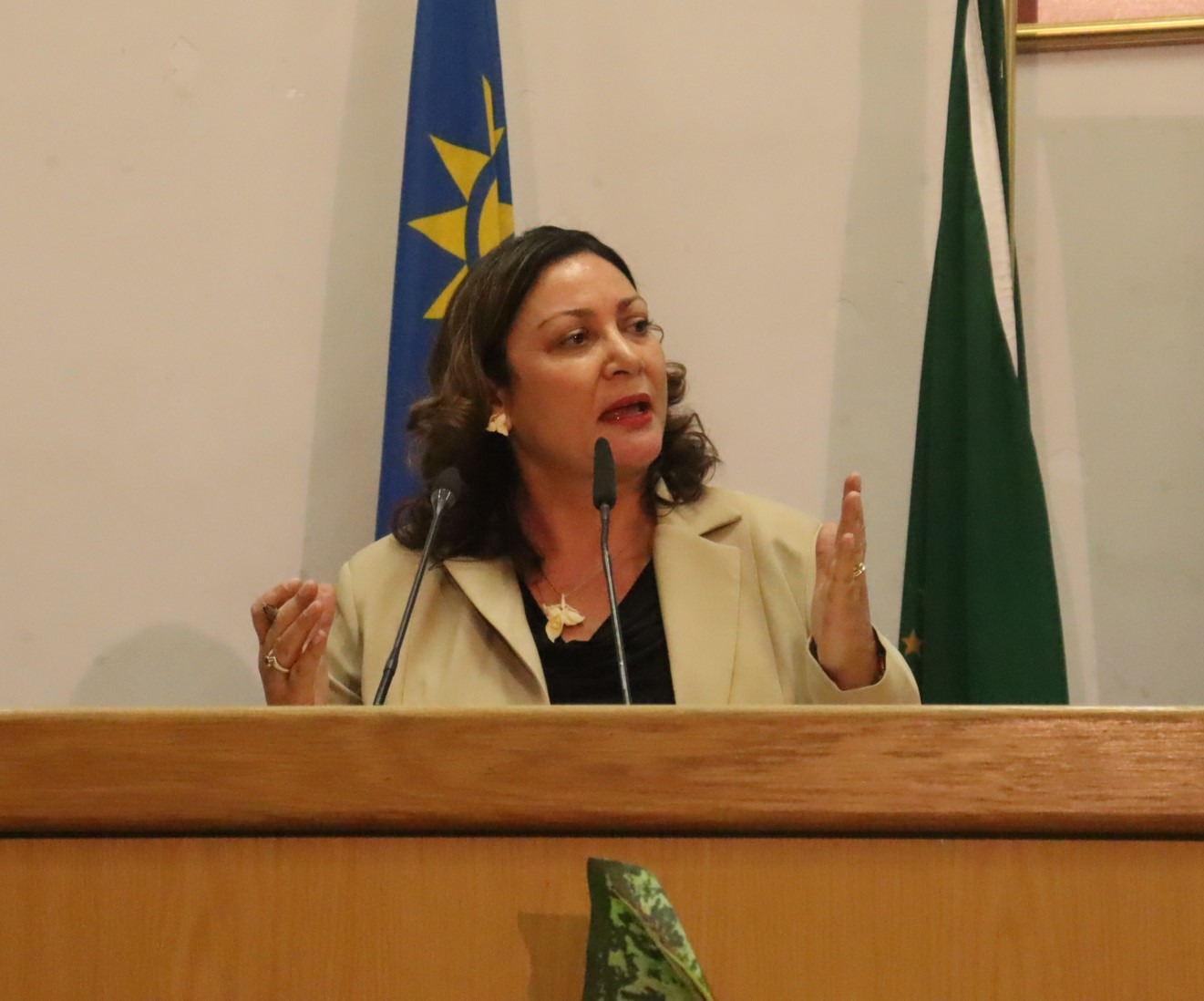Intra -African trade has expanded by 3,2% in the last year.
This is according to the African Import and Export Bank’s (Afreximbank) 2024 African Trade Report and 2024 African Trade Economic Outlook Report.
Afreximbank managing director and group chief economist Yekini Kale says the expansion was mainly due to the implementation of the African Continental Free Trade Area (AfCFTA).
In monetary terms, intra-trade grew to US$192,2 billion during the period under review, he says.
He was speaking at the Afreximbank annual general meetings (AAM) and third edition of the AfriCaribbean Trade and Investment Forum (Actif2024) in the Bahamas on Wednesday.
“The share of intra-African trade to total trade also increased to 14,9% in 2023 after posting 13,6% in 2022,” he said.
Several heads of state, ministers, government officials and captains of industry were among the over 2 000 delegates attending day one of the 31st AAM, themed ‘Owning our Destiny: Economic Prosperity on the Platform of Global Africa’.
The first day of the meetings called to strengthen ties between Africa and the Caribbean, the sixth region of the African Union.
The governor of The Bahamas’ central bank, John Rolle, called for the capitalisation of opportunities to learn, share and network.
He said the Caribbean could benefit from learning more about the Pan-African Payment and Settlement System (Papps) from Africa.
“A successful project in the Caribbean could keep us on pace to deliver on targets that are already being set for an international payment system that is more integrated, faster and significantly cheaper for the average consumer,” he said.
Afreximbank’s senior executive vice president, Denys Denya, said the AAM and Actif2024 were a reunion of all Africans in the context of global Africa and would help shape the shared vision and aspirations of the Caribbean region and Africa.
“For a continent that is endowed with such an abundance of natural resources, the quest for sustainable development has been a perennial struggle. The state of development across the Caribbean region, while not identical, is not quite different from this narrative.
“It is in this context of sustained deprivation and marginalisation that we seek to unify our forces in the context of global Africa for a better future. In our unity, we have the numbers, we have the voice to sit at the table when decisions are made. We are a viable force to influence global decisions,” he said.
Meanwhile, Pamela Coke-Hamilton, the executive director of the International Trade Centre, emphasised the significant trade potential between Africa and the Caribbean, projecting trade to reach US$1,8 million annually by 2028.
She suggested it is time to explore establishing a free trade area between Africa and the Caribbean.
“Trade agreements are one way to help bring down barriers and open new opportunities,” she said.
Stay informed with The Namibian – your source for credible journalism. Get in-depth reporting and opinions for
only N$85 a month. Invest in journalism, invest in democracy –
Subscribe Now!









